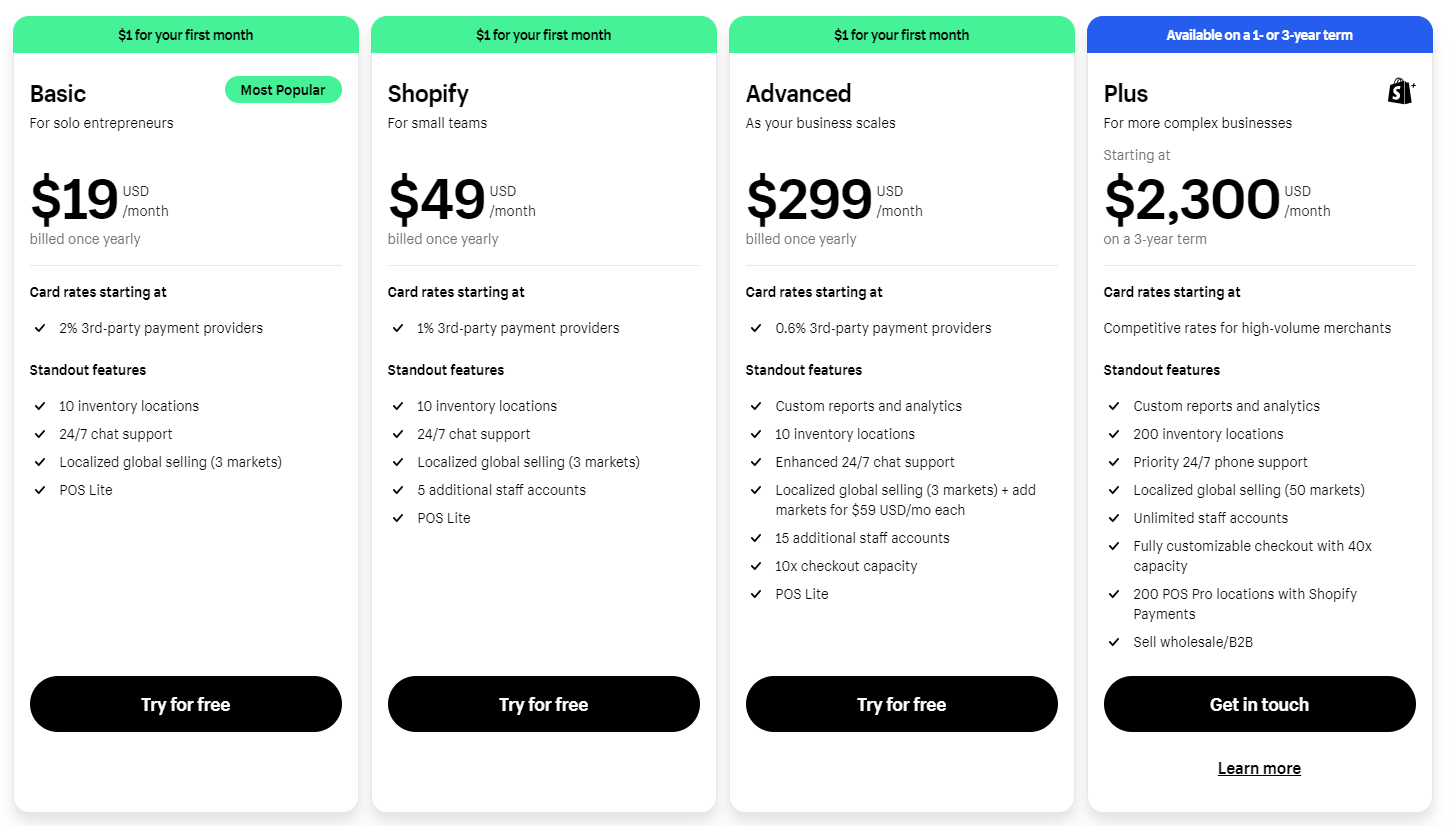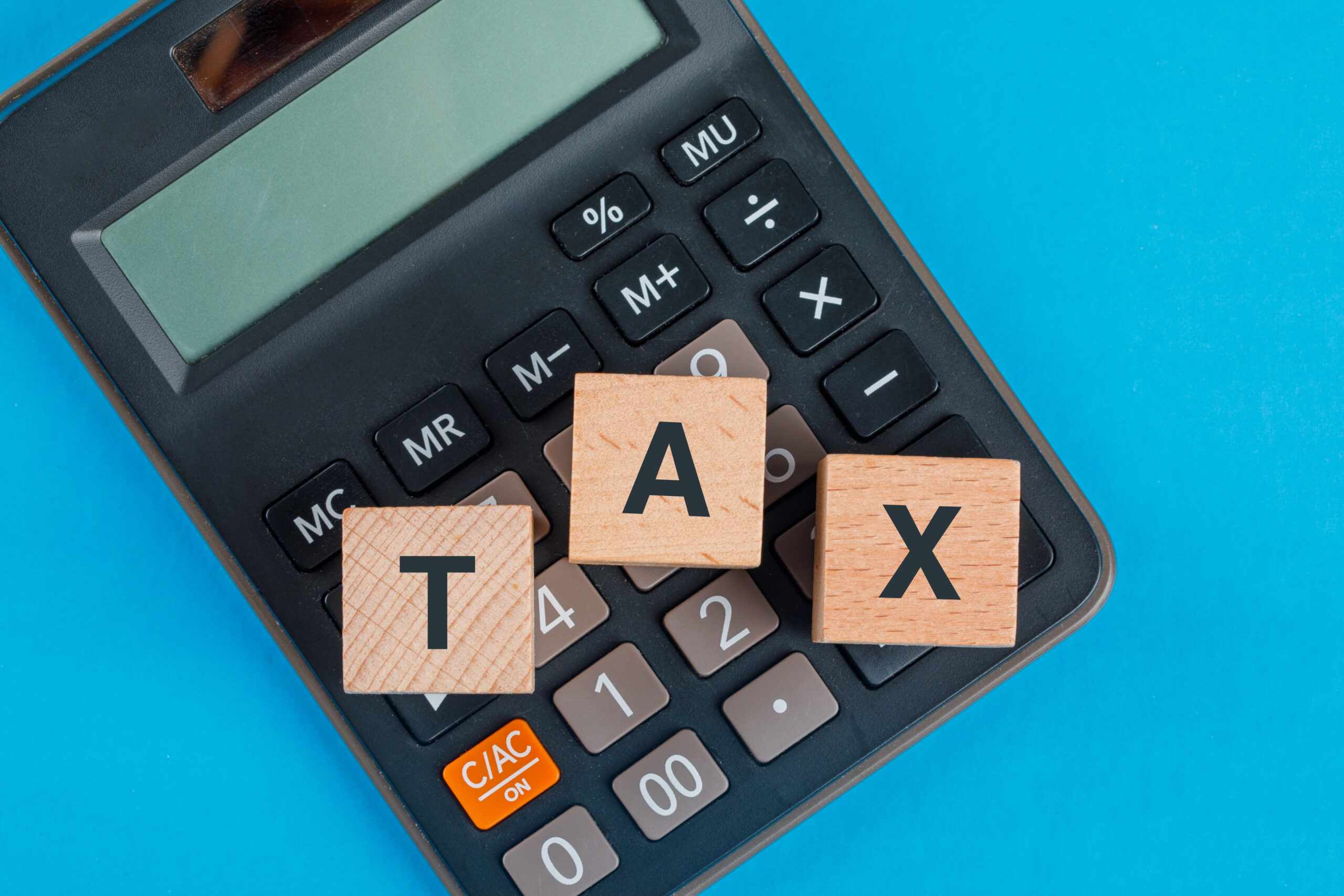It’s no secret that taxes can be a major headache for business owners. Whether you’re a small business owner or the CEO of a large corporation, understanding the tax code and utilizing all the deductions available to you can mean the difference between profits and losses. But with so many rules and regulations, it can be hard to know which deductions are available to you. That’s why in this blog post, we’ll take a look at 19 important business tax deductions you should know about. We’ll go over what qualifies for each deduction and how it can help your company save money on taxes. Ready to learn more? Let’s get started!
1. Employee Salaries and Contractors Pay
If you have any employees working for you, their salaries are fully tax deductible. This includes any bonuses or commissions you may pay them. You can also deduct the cost of any benefits you offer your employees, such as health insurance or retirement contributions. If you use contractors to help with your business, their pay is also fully tax deductible. This includes any materials or expenses they incur while working on your behalf. Be sure to keep good records of all contractor invoices and payments so you can claim this deduction come tax time.
2. Employee Benefits
When it comes to deductions, employees often overlook the benefits they’re entitled to. Here are some important business tax deductions you should know about:
- Health insurance premiums: You can deduct the cost of health insurance premiums for yourself and your family if you’re self-employed. This deduction is available even if you don’t itemize other deductions on your tax return.
- Retirement plan contributions: If you contribute to a retirement plan, such as a 401(k) or IRA, you may be able to deduct the amount of your contribution from your taxes.
- Dependent care expenses: If you incur expenses for the care of your dependent children or elderly parents, you may be able to deduct a portion of those costs from your taxes.
- Education expenses: If you’re pursuing education in order to maintain or improve your job skills, you may be able to deduct the cost of tuition and books from your taxes.
- Business use of your home: If you use part of your home for business purposes, such as an office or workshop, you may be able to deduct a portion of the associated costs, such as mortgage interest or property taxes, from your taxes.
- Work Related Vehicle Expenses
3. Work Related Vehicle Expenses

There are a number of business tax deductions available for work-related vehicle expenses. These can include things like fuel, maintenance, repairs, and insurance. If you use your personal vehicle for business purposes, you may be able to deduct a portion of these expenses from your taxes. It’s important to keep track of all of your work-related vehicle expenses, as you’ll need to provide documentation to the IRS in order to claim the deduction. Be sure to save all receipts and records of your expenses. If you have questions about what qualifies as a deductible expense, speak with a tax professional or accountant.
4. Office Supplies
From highlighters and sticky notes to pens and paper, office supplies are a necessary part of doing business. And, thankfully, they’re also tax deductible! The IRS allows businesses to deduct the cost of office supplies as long as they are “ordinary and necessary” expenses. This deduction can be taken whether you purchase office supplies yourself or if you reimburse an employee for them.
If you’re self-employed and work from home, you can deduct a portion of your home expenses for the area that you use exclusively for business. For example, if you have a dedicated home office, you can deduct a percentage of your mortgage or rent, utilities, insurance, and other eligible expenses.
5. Rent and Utilities

When it comes to business tax deductions, rent, and utilities are often overlooked. However, they can be a significant expense for businesses, so it’s important to know how to deduct them.
Rent is considered a business expense if the space is used solely for business purposes. This includes office space, warehouses, retail space, and any other type of commercial property. The amount of rent that can be deducted is limited to the amount of income generated from the space. For example, if your business generates $100,000 in revenue from the space, but your rent is $50,000, you can only deduct $50,000 of rent from your taxes.
Utilities can also be deducted as business expenses if they’re used for business purposes. This includes electricity, gas, water, and sewer. As with rent, the amount of utilities that can be deducted is limited to the amount of income generated from the space. For example, if your business generates $100,000 in revenue from the space but your utilities are $10,000, you can only deduct $10
6. Office Equipment
Assuming you’re a small business owner or self-employed individual, you can deduct a wide variety of office equipment and supplies from your taxes. This includes items like desks, chairs, computers, printers, software, and more. The key is that the equipment must be used for business purposes. So, if you have a home office, you can only deduct the portion of your rent or mortgage that is dedicated to your workspace.
Also, keep in mind that there are limits on how much you can deduct for certain items. For example, you can only write off $500 for computers and related equipment. But no matter what, it’s always worth consulting with a tax professional to make sure you’re taking advantage of all the deductions available to you.
7. Business Meals
When it comes to business deductions, most people think of big-ticket items like office equipment and vehicles. But there are a number of smaller deductions that can add up to big savings come tax time. One of these is business meals. If you entertain clients, prospects, or suppliers for business purposes, you can deduct a portion of the cost as a business expense. The IRS allows you to deduct 50% of the cost of business meals and entertainment. To qualify for this deduction, the following must be true:
- The expenses must be ordinary and necessary for your trade or business.
- The expenses must not be lavish or extravagant under the circumstances.
- You must meet with the clients, prospects, or suppliers during or immediately before or after a bona fide business discussion.
- You (or your employees) must be present at the meal or entertainment.
As long as you keep good records and follow the guidelines above, taking advantage of this deduction can save you a significant amount of money come tax time.
8. Entertainment
If your business is involved in any type of entertainment, then you may be able to deduct some of the related expenses. This can include things like tickets to shows or events, membership fees for clubs or organizations, and even costs associated with hosting your own events. Just be sure to keep track of all your receipts and documentation so that you can prove the expenses were business-related if necessary.
9. Home Office
The home office deduction allows taxpayers to deduct certain expenses related to the use of their home as a principal place of business. This deduction can be taken for a variety of reasons, including running a business out of your home, using your home as a base of operations for your business, or using your home as a storage space for business inventory.
To qualify for the home office deduction, you must use part of your home exclusively and regularly for business purposes. This includes having a dedicated workspace in your home that is used only for business activities. The space doesn’t have to be an entire room; it can be a corner of a room or even just a desk. However, the space must be used exclusively for business purposes; if you also use it for personal activities, you won’t be able to take the deduction.
10. Travel

Assuming you’re in the United States, the Internal Revenue Service (IRS) offers several deductions for business travel expenses that can save you a lot of money come tax time. Here are some of the most important deductions to keep in mind:
- Transportation expenses: This includes airfare, train tickets, gas and oil costs, car rentals, and more. You can deduct the actual cost of transportation or use the standard mileage deduction rate (58 cents per mile for 2019).
- Lodging expenses: You can deduct any reasonable expenses incurred for lodging while on business travel. This includes hotel bills, motel bills, and other similar costs.
- Meals and entertainment: You can deduct 50% of any reasonable business-related meals and entertainment expenses while on business travel. This includes things like business lunches, dinners, and client entertaining.
- Other miscellaneous expenses: There are a number of other miscellaneous travel expenses that you can deduct, including tips, laundry, and dry cleaning costs, phone calls made for business purposes, and more.
Keep track of all your business travel expenses throughout the year so you don’t have to scramble come tax time. With a little bit of planning, you can maximise your deductions and save yourself a lot of money!
11. Consultation and Professional Services
If you’re like most business owners, tax time is a stressful and confusing time of year. There are so many different deductions and rules to know that it’s easy to miss out on some important ones. One deduction that you shouldn’t overlook is the one for consultation and professional services. This includes any fees you pay for advice or services from consultants, lawyers, accountants, or other professionals.
If you’ve been paying someone for help with your business, make sure to deduct those expenses from your taxes. It can make a big difference in how much you owe at the end of the year.
Conclusion
We hope this article has provided you with some useful insight into the various business tax deductions that are available to help you save money. Knowing what deductions, you can claim is an essential part of running a successful business. So make sure to do your research, consult an accountant or financial advisor if necessary, and take advantage of these tax breaks!










